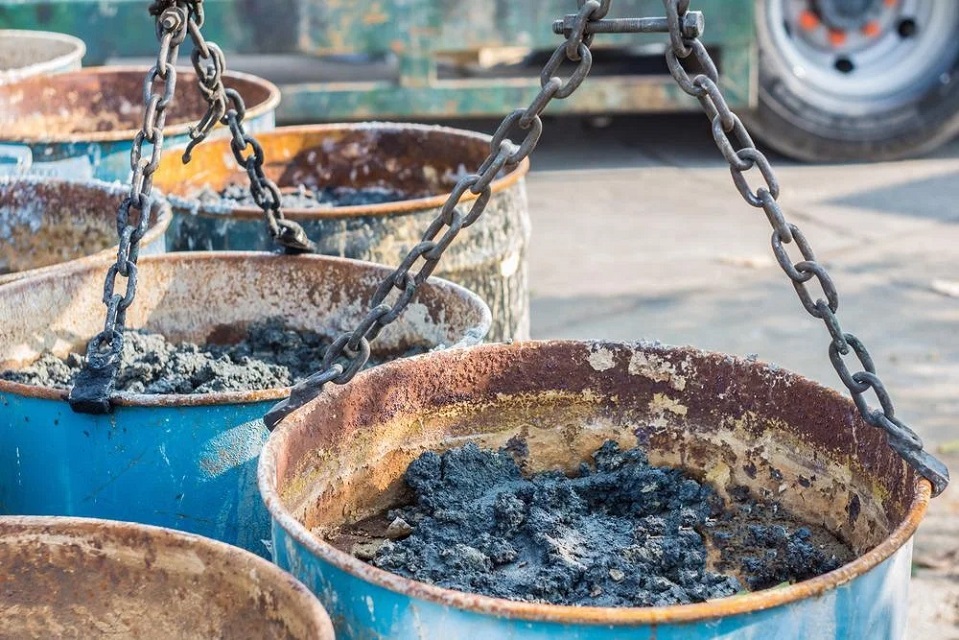Oil waste is one of the most common sources of environmental pollution. It should not be poured down the drain or spilled on the ground.
Companies that use oily wastewater & oil recovery services send less waste to landfills, which helps them save on disposal fees while rallying support for sustainability initiatives.
Table of Contents
Reduces Your Carbon Footprint
Many companies strive for sustainability to appeal to a growing market of environmentally conscious consumers. However, it can be difficult for businesses to balance their environmental efforts with their financial bottom line.
A sustainable company uses products and services that reduce or reuse materials, promote energy conservation, and support the local community. This requires a commitment from the company as well as its employees.
For example, using oil waste treatment Orange county NY to recycle used motor and transmission oils prevents those chemicals from polluting the environment by dumping them in waterways and landfills. Instead, they can be turned into vehicle fuel or recycled into new oils and lubricants. Additionally, food service businesses that work can keep FOG out of sewers and the environment while recouping some of their oil purchase costs.
Reduces Waste
Oily wastewater treatment is a critical part of many manufacturing processes. The treatment process involves multiple advancing stages of separation and filtration, yielding clean, reusable oil and purified water.
This is a great way to contribute to responsible waste management and help protect the environment. You can also reduce your waste by incorporating design features into your production facilities to promote destruction minimization.
For example, one operator found adding an extra stock tank that would collect crude oil in addition to the standard production storage tanks was economical. This reduced the volume to manage and resulted in additional revenue from natural oil sales.
Another easy way to reduce waste is to recycle your used lubricating oil and filters. Companies that offer this service are located throughout and can help you meet sustainability requirements.
Reduces Hazardous Waste
In addition to waste reduction, sustainable business practices also promote pollution prevention. Reducing or eliminating pollution at its source is far better for the environment than cleaning up contaminated waste sites later.
Food service companies that recycle their fryer oil instead of sending it to the landfill help keep FOG from polluting our environment and clogging sewers. In addition, these companies can usually earn a rebate for their efforts.
Apply state hazardous waste policies to wastes and ensure all waste streams are tested for chemicals, radioactive elements, total dissolved solids, metals, and other contaminants before transportation or disposal. This will help prevent mislabeling of waste as hazardous or nonhazardous when not. It will also help reduce waste transport costs and disposal fees for oil and gas field wastes.
Reduces Water Pollution
The environmental impacts of oil waste are severe when disposed of improperly. It can block drains, create fumes, and even harm the water system. In addition, cooking oil can often contain pathogenic organisms that can be dangerous to people and animals.
Using an oil recycling system prevents these chemicals from entering the environment. This reduces the pollutants in your local water supply and shows you care about sustainability initiatives.
As your company grows, implementing goals for environmental sustainability will help everyone feel involved in the effort and proud of their accomplishments. Certifications are a great way to measure your efforts and show customers you are committed to sustainable practices. These include reductions in electricity usage, changes in fuel consumption for company vehicles, gallons of water saved, and more.
Reduces Energy Consumption
Businesses that recycle their used oil and other industrial waste items reduce their reliance on electricity and fossil fuels. Recycling these items also saves the energy required to produce new oil and oil derivatives from crude oil.
A core value that focuses on sustainability can rally employees around the cause. By defining and formalizing your company’s green priorities, you can ensure that every employee understands their role in your sustainability efforts, from turning off lights to biking to work.
For example, a lean manufacturing model can help all employees understand the eight waste types targeted for reduction: defects, overproduction, waiting, inventory, movement, and non-utilized talent. These wastes add up to massive operational costs for companies. A waste oil recovery service can eliminate waste and reduce a business’s overall cost.




